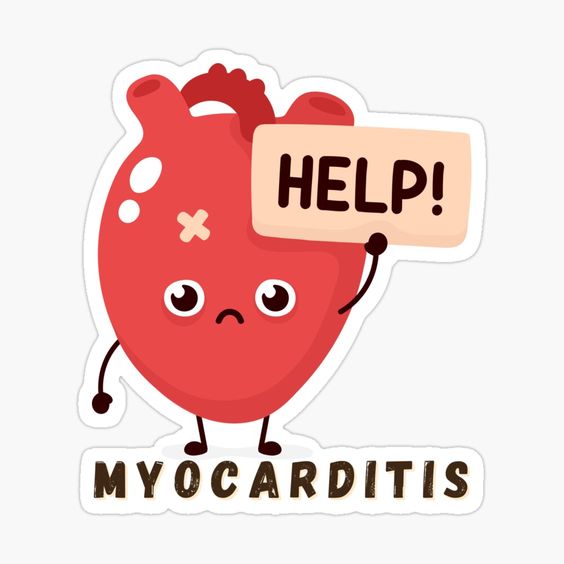Introduction
Myocarditis is an inflammation of the heart muscle, known as the myocardium. This condition can weaken the heart, affecting its ability to pump blood effectively and potentially leading to heart rhythm abnormalities.
Myocarditis can result from a variety of factors, including viral infections, bacterial infections, autoimmune diseases, and reactions to medications. In many cases, the exact cause remains unknown.

This inflammatory condition can affect people of all ages, though it is more prevalent in young adults and children. Recognizing the symptoms of myocarditis is crucial for prompt diagnosis and treatment, as early intervention can significantly improve outcomes.
Symptoms of Myocarditis
Symptoms of myocarditis can vary greatly from person to person. Some individuals may experience mild symptoms, while others may develop severe, life-threatening complications.
Common signs and symptoms include:
- Chest pain: Often described as sharp, stabbing, or aching.
- Shortness of breath: Particularly during physical activity or when lying down.
- Fatigue: Feeling unusually tired and lacking energy.
- Heart palpitations: Sensations of a racing or irregular heartbeat.
- Swelling in the legs, ankles, and feet: Due to fluid retention.
- Dizziness or fainting: Caused by reduced blood flow to the brain.
Causes of Myocarditis
The underlying causes of myocarditis are diverse, and often, the exact trigger remains unidentified.
Common causes include:
- Viral infections: Viruses are considered the most frequent cause of myocarditis. Common culprits include adenovirus, enterovirus, parvovirus, and influenza virus.
- Bacterial infections: Bacteria like staphylococcus and streptococcus can also lead to myocarditis.
- Autoimmune diseases: Conditions like lupus and rheumatoid arthritis, where the body's immune system attacks its own tissues, can cause inflammation in the heart.
- Medications: Certain medications, such as antibiotics and chemotherapy drugs, can trigger an inflammatory response in the heart.
- Toxins: Exposure to heavy metals, chemicals, and certain poisons can also contribute to myocarditis.





